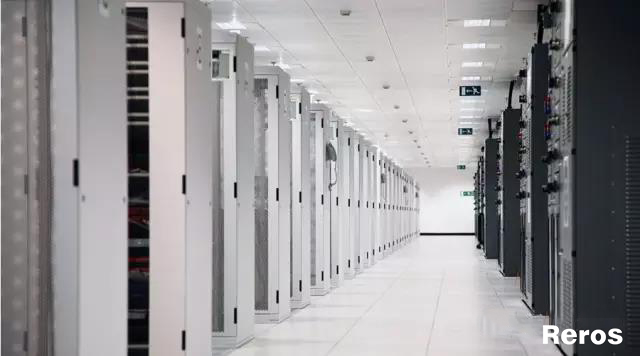Home >> News >> Latest News
How to solve the problem of low load and high energy consumption
For the Reros staff, not only is there a lack of reliable information, constantly changing data, many different routines, but there are also terms and metrics that have become accepted standards but are considered by many to be unhelpful.
Energy use efficiency (PUE) is a good example, it initially as a help data center efficiency standards, but soon became a marketing term, now often used to compare those who do not have comparable data center efficiency, because almost all of the data center in the Nordic region more energy-saving than data center is located in the equatorial region.No matter what technology and measures its operators take.
Now, as Internet use continues to grow exponentially, there is a need for better data center efficiency policies and technologies.Even with improvements in hardware technology in recent years, energy use in data centers has continued to rise. Data centers consume power in two main ways: the power needed to run IT equipment and the power needed to run air conditioning.This is clearly what data centers do, and the electricity costs involved make up 60% of the operating costs of data centers.This means that the energy efficiency level of the data center is doubly affected, for better or for worse.In order to perform the basic operations of a data center, electricity must be consumed, and it accounts for a large percentage of data center expenditures.Clearly, improving data center efficiency should be high on the data center operator's to-do list.There are many ways to do this.According to the study, first and foremost, there is a need to understand the status quo of data center operations, that is, to accurately measure and monitor electricity consumption, both now and in the future.
Reros recommends optimizing IT capabilities by removing "zombie" servers, consolidating virtual machines, and adding virtualization.Modular design is recommended to optimize the physical space of the data center, and finally to optimize cooling through sealing and air energy savers.In addition to these indicators, Lennox also suggested that outdated UPS power supply systems need to be updated.Clearly, the efficiency advantages of UPS systems should be more recognized.UPS systems have made great progress in recent years, and the rise of modular UPS is of great significance to improve the efficiency of data centers.Over the past few years, UPS has been designed to work with higher loads.That is, they are most efficient when operating at 80 to 90 percent capacity.
In addition, because they are usually of fixed capacity, their capacity would be too large to achieve the necessary redundancy because of the need to ensure that they can match the power spikes, which means that they often waste a lot of power and operate at low loads, which is, in fact, the more common state.
Not only do these traditional, older UPS systems require more power because of the way they operate, but they also require a lot of cooling because of their capacity and working load.This makes them inefficient and increases the demand for large amounts of power, which in turn increases the operating costs of data centres.

Modular UPS is now the standard in many data centers, and its launch comes at a good time.UPS modular technology development roughly coincides with the procurement cycle of many data centers. 7 to 10 years ago, there was a boom in the data center industry, where many traditional stand-alone tower UPS were installed.Many of these UPS are now in need of replacement, which means that data center operators are ready to take advantage of the modular UPS offer.These UPS products have a number of efficiency enhancements: the modular system itself means that multiple rack-mounted devices can work in parallel, rather than a single tower, to match the power needs of the data center.Modular UPS does not need to be configured with a transformer, which can improve efficiency by about 5%.
The key is that the modular UPS can effectively accommodate load loads.They can run at up to 96% efficiency under loads as low as 25%.This means that they are more efficient under the loads that data centers normally run -- something that is not possible with traditional UPS.
Clearly, data center efficiency should be a hot topic for industry players.For those looking for pragmatic reasons, its cost savings should provide ample incentive.For operators with a long-term perspective, the adoption of technologies such as modular UPS can optimize data center operations when considering the growing use of the Internet and the current growth in data center capacity around the world.
Copyright ©Reros (Changzhou) Electronics Co., Ltd. All Rights Reserved | Sitemap